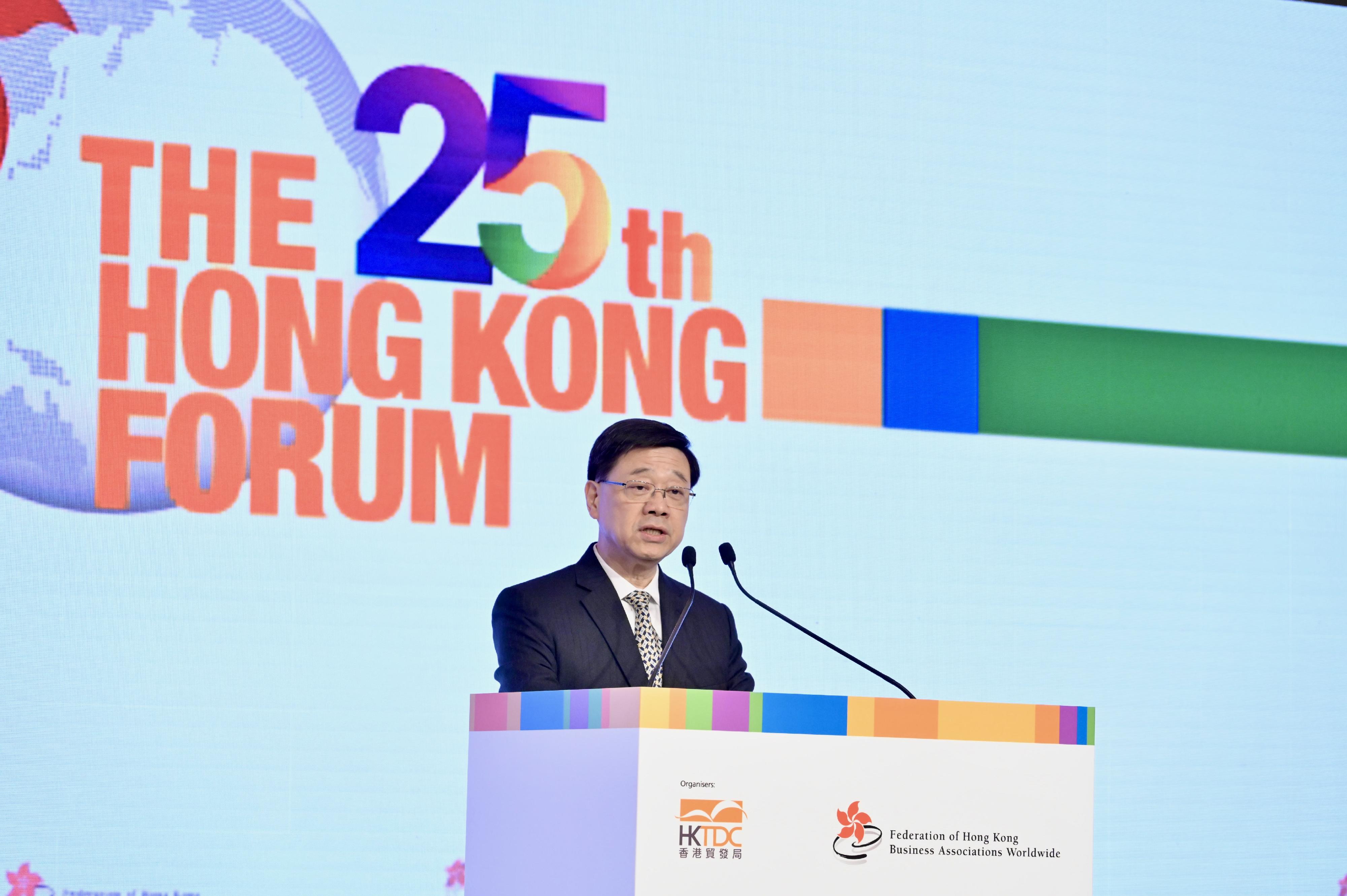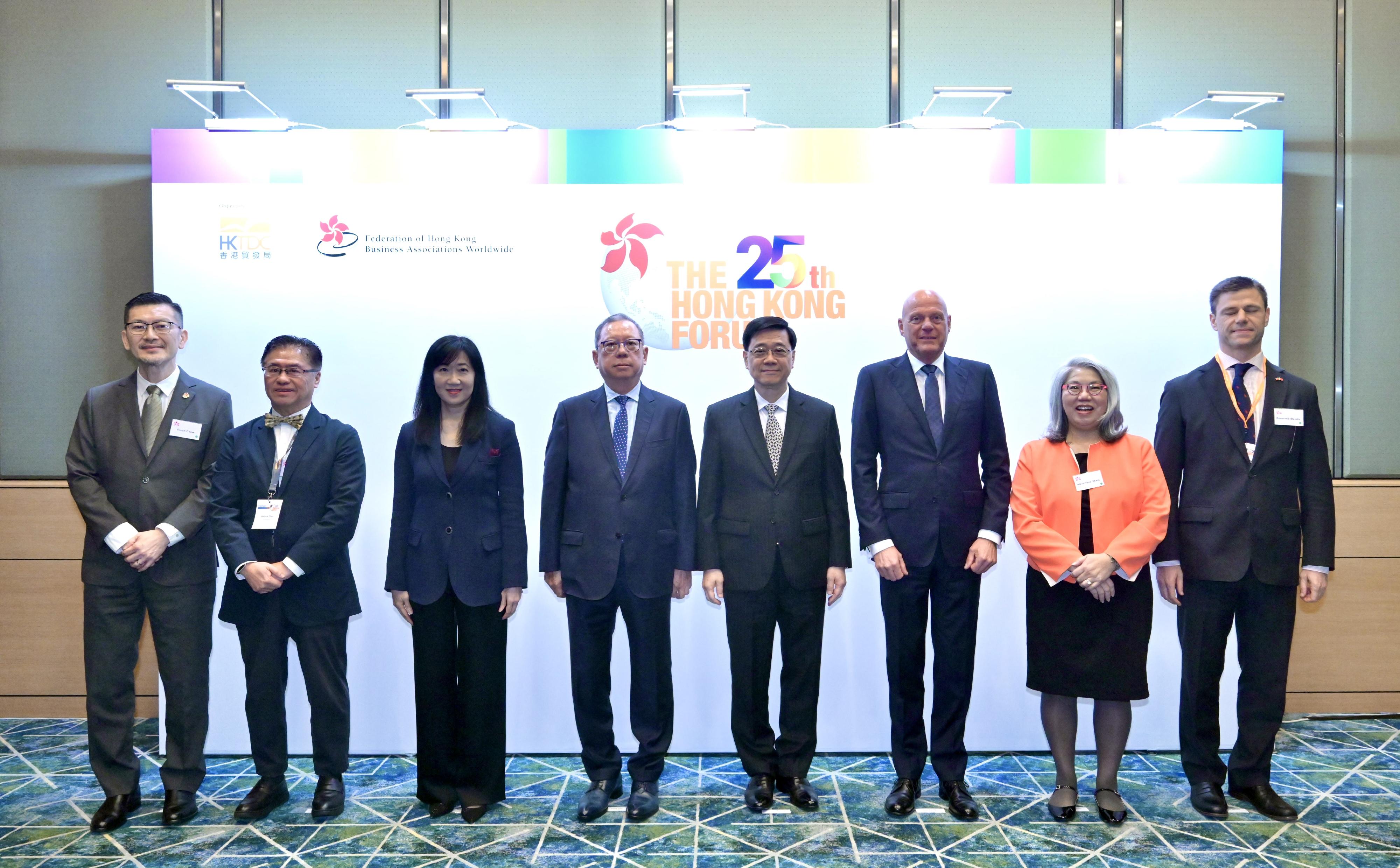LCQ22: Making good use of sports venues of Leisure and Cultural Services Department
Following is a question by the Hon Dominic Lee and a written reply by the Secretary for Culture, Sports and Tourism, Mr Kevin Yeung, in the Legislative Council today (December 4):
Question:
There are views that the Government should further enhance the quality as well as the efficiency of use of sports facilities in Hong Kong, so as to support the sports development strategy more effectively, thereby dovetailing with the policy direction of fostering sports development by promoting sports in the community, supporting elite sports and promoting Hong Kong as a centre for major international sports events. In this connection, will the Government inform this Council:
(1) as it is learnt that at present, lockers in the sports venues under the Leisure and Cultural Services Department (LCSD) are only available for use by members of the public on a daily basis, and it is observed that the utilization rate of such lockers is on the low side, with quite a number of users opting to place their belongings at the side of the sports venues rather than putting them in the lockers, while on the other hand, professional athletes and coaches often need to bring along a lot of equipment for training, and they must take away such equipment each time as the lockers are not available for overnight use, whether the LCSD will consider setting up an application system for its venues to allocate lockers to eligible persons for overnight use, so as to enhance the efficiency of use of its facilities and facilitate their use by professional athletes;
(2) given that the LCSD will make available six additional sports centres in the first quarter of next year for booking by members of the public for new sports (e.g. dodgeball, dodgebee and kin-ball), bringing the total number of sports centres under the Trial Scheme on New Sports Activities (Trial Scheme) to 12, whether the authorities will consider further extending the Trial Scheme to other sports centres across the territory, so as to achieve the popularization mode of "single venue, multiple use"; if so, of the specific implementation timetable; if not, the reasons for that; and
(3) as there are views that the current shortage of four-sided glass-panelled professional squash exhibition venues with spectator stands in Hong Kong has undermined the possibility of hosting international squash tournaments locally, whether the authorities will consider the additional provision of relevant facilities, so as to enhance Hong Kong's capability of hosting international tournaments and promote squash development in Hong Kong?
Reply:
President,
In respect of the question raised by the Hon Dominic Lee, my reply is as follows:
(1) At some leisure venues under the Leisure and Cultural Services Department (LCSD), such as sports centres, sports grounds and swimming pools, lockers are available for users at no cost when they are using the venues, and are to be returned when the users leave the venues. In general, the lockers at leisure venues are very popular among users with high utilisation. As the leisure venues have to be used for sports activities as far as possible, the number of lockers provided thereat are limited. Priority is therefore given to accommodate the needs of venue users.
To facilitate the training of professional athletes, the LCSD has already arranged designated leisure venues for "national sports associations" to meet the training needs of Hong Kong teams. Storage areas are available at such venues for long-term storage of large-scale training equipment and facilities.
The LCSD will continue to closely monitor the usage of lockers.
(2) The LCSD is dedicated to promoting the development of diversified sports activities. With the increasing popularity of many new sports in recent years, the LCSD has opened up six sports centres, namely the Stanley Sports Centre, the Cheung Sha Wan Sports Centre, the Lei Yue Mun Sports Centre, the Cheung Fat Sports Centre, the Fu Heng Sports Centre and the Long Ping Sports Centre under the Trial Scheme on Opening up the Arena of Selected Sports Centres for Booking by Individuals for New Sports Activities (Trial Scheme). Members of the public may book the arenas of these sports centres for conducting six new sports that are more popular, including dodgeball, dodgebee, kin-ball, korfball, pickleball and tchoukball. Given the positive feedback from the public since the launch of the Trial Scheme, the LCSD plans to extend the booking arrangements to cover peak hours (i.e. from 6pm onwards on weekdays and all time slots on Saturdays, Sundays and public holidays) and open up more suitable arenas of the sports centres. The six new sports centres proposed are located in Eastern District, Wong Tai Sin District, Yau Tsim Mong District, Islands District, Sai Kung District and Sha Tin District respectively. The LCSD is consulting the District Councils on the arrangements concerned and will further announce the implementation details after obtaining support from relevant District Councils. The LCSD will review the implementation of the above arrangements in a timely manner, and consider whether to further extend such arrangements to more venues.
(3) The Hong Kong Squash Centre under the LCSD provides 17 standard squash courts as well as a four-sided glass-panelled exhibition court with a seating capacity of 286 for conducting large-scale competitions. In addition, the LCSD provides multi-purpose sports venues with various facilities and markings, allowing flexibility in fitting-out options to cater for the needs of different sports. In the past, some organisations would also hire and set up those venues for international competitions, such as the setting up of four-sided glass-panelled exhibition courts at the Hong Kong Park Sports Centre and the Edinburgh Place for the Hong Kong Squash Open, facilitating the staging of large-scale competitions in Hong Kong.

